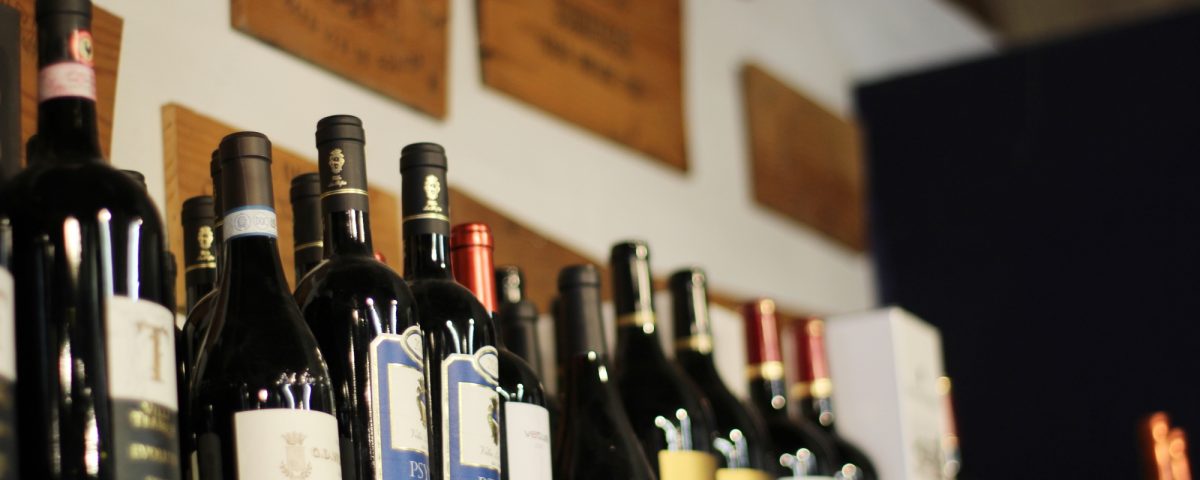The cheese shop sketch
In the pub the other night I was trying to explain my philosophy to someone who has never been into my wine shop. I tried to use the analogy of a cheese shop.
There’s a smart delicatessen and cheesemonger in town. Someone goes in and asks for Dairylea triangles. “Sorry” says the cheesemonger “We don’t sell them”.
“Why not?” asks the customer who goes on to explain, “They’re lovely and creamy. You just unzip the tin foil and you can eat it just as it is, as a snack. I love them” …and not stopping there, “They’re really popular…YOU SHOULD STOCK THEM!”
Really? What should the cheesemonger do? Explain that he stocks a range of carefully selected English and continental cheeses from small artisan producers? Should he bother to explain that the choice is based on his decades of experience? Should he bother to state that he doesn’t sell processed and branded cheese which is widely available in supermarkets and that it would be ridiculous to do so? Or should he just smile and say, “Sorry, we are too small to deal with Kraft.”
If the customer persists in telling him he’s missing a trick, should he go on to say that they are unnatural, heavily processed and may contain high levels of the suspected carcinogen 3-MCPD or that their packaging alledgedly contains hormone mimicking “Bisphenol A” plastic additives which is being campaigned against by Breast Cancer UK. If he did would he be accused of being a snob?
Who would agree with the customer in this scenario?
The same scenario may be a shopper asking the local butcher for Turkey Twizzlers.
The same scenario may be a shopper asking the local artisan baker for a loaf of Nimble.
You can see where I’m going with this can’t you? These are ridiculous examples. It just wouldn’t happen, would it? Yes, it would. It happens all the time in wine shops.
The same scenario may be a shopper going into an independent wine merchant and asking for a bottle of Gallo Zinfandel (other manufacturers of mass produced, processed, grape-based alcohol are available).
If the wine merchant explains why they wouldn’t touch it with a very long stick they stand to be accused of being a snob. Why? Because unlike cheese or bread or meat, wine is wine and anyone who differentiates between real wine and “made” wine is a snob, right? Sadly there is a whole generation who have only ever drunk processed wine and know no better. I have heard that there are people who only eat McDonalds too.
It’s a slow educational process. Most people are smart to processed foods. Although most still buy it because it’s cheap and convenient, they know it is wrong and they should feel dirty. Most people are simply not smart to processed wine. With their Gallo and Barefoot brands, E&J Gallo made 382,800,000 bottles of wine in 2013. If a turkey producer produced that many identical turkeys you would question the production methods wouldn’t you? The reason most people are not smart to processed wine is that the global wine brands have multi-million dollar marketing budgets, most of which is spent on glossy pictures of horny-handed sons of the soils tending vineyards. They don’t show machines the size of a small house spraying, pruning and harvesting. They shy away from revealing manufacturing plants which rival Birkenhead oil refinery in size and ugliness. Neither do they shout much about a bottling plant in Bristol capable of knocking out 48,000 bottles an hour across 52 brands and giant silos holding over 6,000,000 bottles worth of “wine” in Avonmouth docks.
If you know the difference between artisan food and processed food don’t you owe it to yoursef not to wash it down with processed wine?
Here’s the message: If you eat clean, drink clean.


